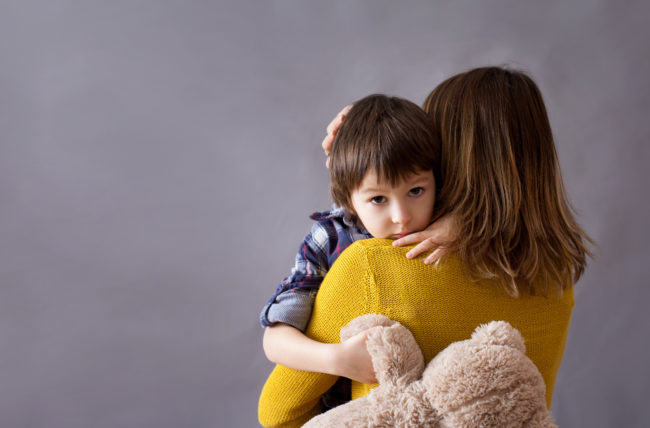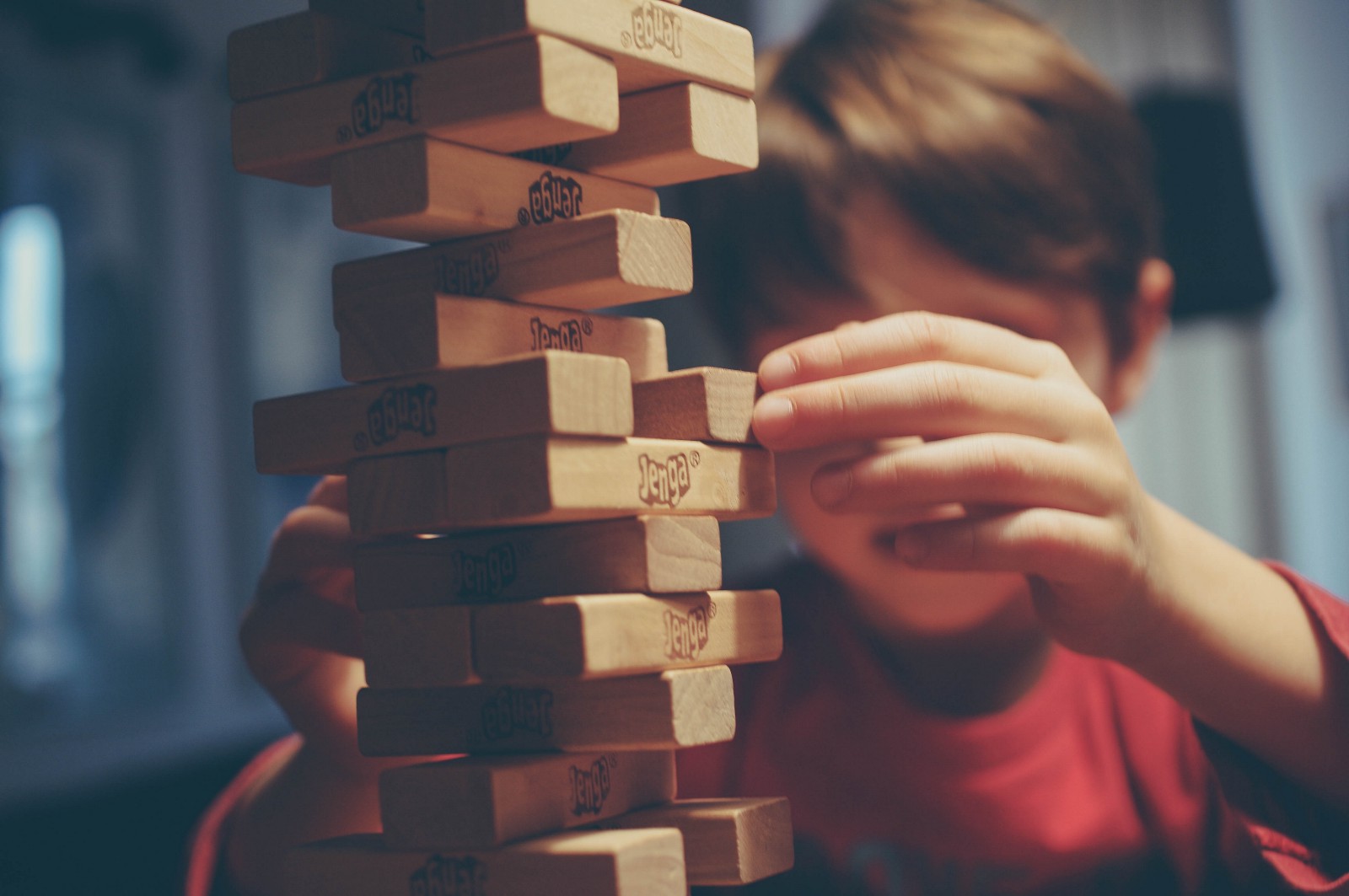Like adults, kids also struggle with stress. Too many commitments, conflicts, the pressure of studies, exams, social life, burdened activities and not forgetting screen time are all stressors that overwhelm children.
Though of course, a certain amount of stress is normal. We can't completely eliminate stress and shield our children from the difficulties of life. Stress is a natural part of life, and “MY GOAL” is to teach my children healthy strategies for coping with stress.
Hence, I would like to share a few pointers which I have implemented and styled for my children.
1) Learn To Listen
Teach them “to understand their own bodies and the physiology of stress,” Make it known to them to listen to what their bodies are saying. While it’s normal for a child to feel anxious with something new but complaining of a stomach ache repeatedly or waking up with a headache regularly is a sign that there’s too much going on.
Also, if my child doesn’t want to wake up or attend an online class repeatedly I feel there’s a concern and “yes” I speak to my child and I question them.
2) Be Supportive
“Listen” to your child's concerns. Allow your child to try to solve his or her own problems. But offer to help and be available to your child when they need you.
Being a parent especially these days is tough – Work from Home, Home chores, Children, Studies etc which does lead to frustration sometimes. However, we have to be ready to leave everything aside and be available if the need arises for our child. Supporting them when things are rough is extremely important.
3) Being Aware
Be aware of what your child wants (not just what you want). We as parents need to study the child's mind and their ways and habits. It's about their thinking and mental development.
We need to look into what our child is happy doing and what our child is comfortable with irrespective with what others would think. The essence out here is about our child. So, we as parents need to be fully aware.
4) Consequences
Children need to learn about the consequences—good and bad—of their actions. For example, if they make a mistake they should apologize. If they break another child's toy, they must find a way to replace it. All actions have a consequence and the kids need to be aware of it as they grow up.
5) Learn Ways To Relax
This can include breathing exercises, muscle relaxation exercises, meditating, praying, yoga, or relaxing exercises. Do something fun. A hobby can help your child relax as well.
I have practised them all and my children really enjoy them. We have now developed a routine practice that helps us relax without stressing out by things beyond our control.
6) Spend Time With Your Child
Just be there. Children don't always feel like talking about what's bothering them. Sometimes that's OK. Let your child know you'll be there when they do feel like talking. Even when children don't want to talk, they usually don't want parents to leave them alone. I help my child to feel better by just being there — keeping him or her company, spending time together. So, if you notice that your child seems to be down, stressed, or having a bad day — but doesn't feel like talking — initiate something you can do together. Take a walk, watch a movie or bake some cookies. Isn't it nice to know that your presence really counts?
Stay connected to your children. This is the most important thing parents can do. Pay attention to them, talk to them, listen to them. "That's what they truly crave."




















